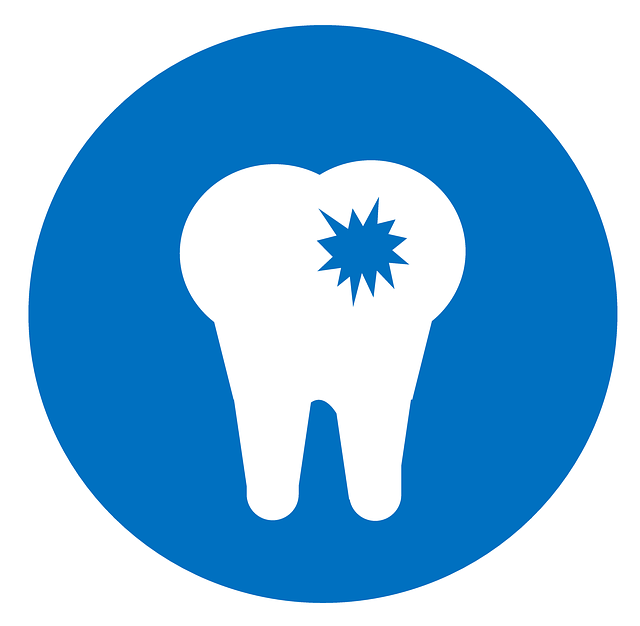Your Childs First Dental Visit

As a parent, you may wonder what the appropriate age is for a childs first dental visit. The American Dental Association and The American Academy of Pediatric dentistry agree that the first visit should occur around age one or approximately six months after the eruption of the first tooth. You may be wondering: why so young? The answer is because primary or baby teeth serve an important role in your childs dental health. For one thing, they are necessary for eating and speaking clearly as the child grows. They also act as a placeholder for the permanent teeth.
During that first visit the dentist will gently examine your childs gums and teeth to ensure that there is no dental decay or other problems. Many dental practices will also provide a tour of the office and help your child to be more comfortable prior to the exam. It is important that the dentist develop a good rapport with your child right from the start.
The dentist will also talk to you about your familys dental history as well as explain proper methods of keeping your childs teeth clean and healthy. For most young children, they can begin brushing their own teeth by age two or three. You should always check them afterward and even brush them again to make sure that harmful bacteria do not remain in the mouth. Getting them a special toothbrush or flavored toothpaste often helps in getting them to enjoy brushing.
During your childs first Bee Cave dental visit, you will probably be asked if your child is a thumb or pacifier sucker. This habit can cause malformed teeth and should be stopped around age two or three. Your dentist will be able to provide some tips on how to break the habit if your child does not do it on their own.
To ensure a positive experience for your child at the first dental visit, there are several things you can do in advance. Explain in terms they can relate to what will happen at the visit. There are numerous books and online interactive videos available to help you discuss this with your child. Make sure that you stay positive. Do not share any negative experiences you may have encountered in the past. A trip to the dentists office in advance is often helpful for a child who is anxious about their visit. The most important thing is for you to remember that you are doing the best thing for your child in preventing issues later in life. When you truly understand this, it will come across in a positive way.
After your childs first dental visit it is important to maintain a regular dental regimen with them at home. You should also make sure that they see the dentist for regular checkups so that he/she can detect and take care of any problems early.

